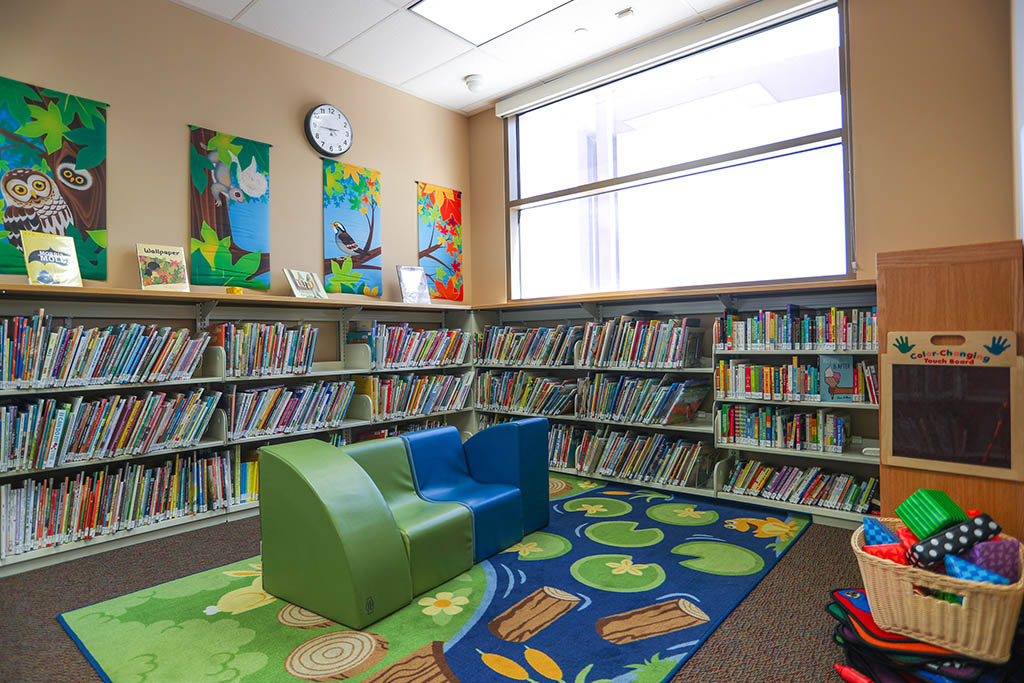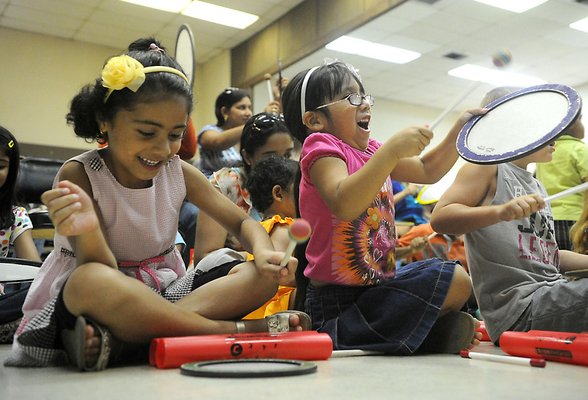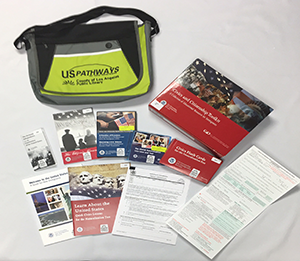Finding Jerry
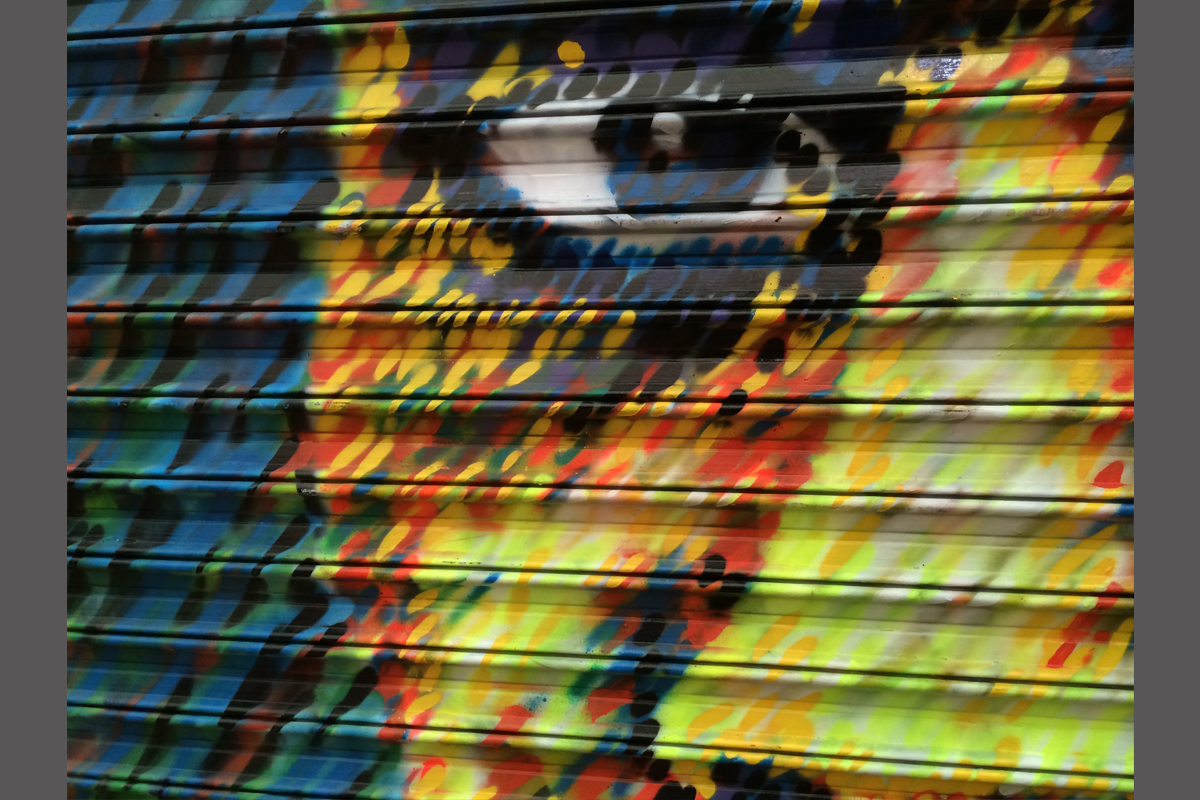
I was raised at the foot of the Appalachian Mountains, at the crossroads of the Coosa River and the spring fed Choccolocco Creek, in rural Alabama.
In 1943, when I was five years old, Daddy finished his studies at Trinity College, in Henderson, Tennessee. He graduated as an ordained minister and obtained a church congregation in the township of Pell City, 15 miles from our home at the time. The position came with furnished housing for the minister and his family. He proved to be an exuberant and popular minister.
Daddy was hired by two other churches in nearby communities as their Sunday preacher. Jerry, Sue and I had to go to church three times every Sunday as he wanted some of the family with him. He needed us to help keep the congregation in tune and on track with the singing. Afterward, Daddy put his hand on our shoulders.
“Good job, Little Man,” he’d say.
“Good singing, my Little Bird.”
Daddy was hired for a 15-minute radio program and his sermons became so popular, especially with the shut-in audience, that his time was extended to a half-hour. Unable to immediately fill the time with sermon, he created The Adams Quartet with his children. Daddy selected a song related to his sermon of the day. He taught us harmony and soon we too were a big hit.
Daddy functioned as song leader as well as preacher for all three churches. Yet even this was not enough to support a growing family. So he took a job as manager of a 400-acre cotton, grain and livestock farm located in the township of Eureka, ten miles from the church; five laborer-households had been living and working on this property for many years. With Daddy’s leadership, this farm became a family community they called Dogwood Hollow. When he began each workday with a prayer, the workers started calling him Preacher. Dogwood Hollow provided many hidden creeks, rivers, waterfalls, caves and ravines for us to explore. The fathers built a community-farm-swimming pool on the calm edge of the Coosa River. They took advantage of large boulders blown out of the earth by an old quartz processing plant. These boulders created a perfect, curved, quartz wall on the river-sides of the pool. There were at least ten children in each household and with kinfolk and visitors, a lot of people played in this gigantic river swimming pool.
Beyond the pool, at the center of the wide Coosa, was a turbulent current that local farmers used to float logs to the processing plant 15 miles downriver. We were warned it was dangerous, but we wanted adventure and always played a game of ‘getting loose from the dragon.’ The river was full of snapping turtles, tadpoles, cat fish; crappie, bass, and of course water snakes. People said that if you left this river wildlife alone no harm would come to you; so we did.
The first of July, in 1948, my Daddy’s sister, Alma, brought her three daughters to visit. They lived in the township of McCleary Station and were anxious to experience country life. The oldest daughter, Vida Mae, was 18, and planning a wedding at our house with Daddy performing the services. Her soldier-boyfriend was arriving soon from Germany. We country kids were usually lulled to sleep by the night sounds of crickets chirping, wolves howling, bull frogs croaking, a low cow-moo nearby, and then, shortly before midnight, a distant long-lonely whistle of the train as it roared across the Coosa on its last trip of the day. All this scared my city cousins. They slept lightly, jerking upright in their beds at each sound.
On Saturday, 4th of July, at the crack of dawn, after a restless night of sleep, my cousins were scared out of bed with the noise of the roosters crowing. I rolled over, yawned myself awake to the smell of baking biscuits, sizzling bacon and chicory-laced coffee. After we finished breakfast and washed the dishes, we asked mother if we could go to the river. Mother was always nervous and afraid her kids would get hurt if she or Daddy were not with them.
“No, something bad might happen.”
I could usually get Daddy to let us do what Mother forbade. My brother Jerry urged me to ask him if we could go. Daddy was busy with his Sunday sermon and closed his thick, weathered Bible.
“Yes, but not for long.”
We hurried to our bedroom to put on our homemade bloomer swim suits. We always swam in our flour-sack underwear or the clothes we wore to the field that day. Vida Mae gave JoAnn a store-bought swimsuit she no longer wanted. It was the first one we had ever seen and thought it cute with its very short skirt and tight-fitting body. JoAnn was the envy of the neighborhood.
We hurried down the trail, passing all the other families out in their yards. At the house nearest to the trail, in the shade of a Mimosa tree, Maw-Maw was turning meat in a large, smoking drum with the smell of barbecue in the air; J.C., their oldest son, was moaning on his harmonica. His father, Jim Bo, was beating on his lard bucket drums and Ma Truss was setting on the front porch, fiddle to her ear, stomping her feet as the fiddle cried out. We told them that we was gonna show our city cousins what fun it was to swim in the river pool. As we entered the cool, pine-needle carpet floor of the thicket, we met a crowd of golden daffodils dancing in the breeze. Butterflies and bees smothered vines of honeysuckle. We skipped and danced our way to the swimming pool, whistling as we went.
At the pool, we opened the gate and climbed the rock steps onto the warm, smooth boulders. In the forbidden center of the river, the water roared and rolled, like a storm blowing in.
“Jerry, the water is very rough. Please don’t go into the current,” JoAnn shouted.
Jerry, grinned at his bossy sister, spread his arms and executed a perfect swan dive. He surfaced very near the strong current. We watched. He stayed in the current. He wasn’t moving out of it. Instead he started moving in circles, as if he was caught in a whirlpool.
“Stop that Jerry,” I yelled. “You gonna make yourself dizzy.”
JoAnn realized Jerry could not break free of the swift current. She jumped in. We heard a crack, like a tree limb breaking, and a cry of pain from her. She was up to her shoulders in water. One foot had lodged into a crevice of the smaller boulders with her foot turned backwards. Vida Mae and I tried to pull her foot loose, but the foot was turned the wrong way and lodged tightly. JoAnn was hovering over a boulder and trying to keep her face out of the water. But soon she tired and started to cry, which really scared me ‘cause I had never seen my sister cry. As JoAnn struggled, Vida Mae went into the water pushing and holding her up. She yelled at us to get Daddy. As I turned to leave, I looked back and saw Jerry riding down the center of the river like a log on its way to the pulp wood factory.
My sisters, Nita and Sue, and I went running through the woods yelling. As we passed Jim Bo’s house, I told him what had happened; he rang the “in danger” bell on his porch.
Daddy had heard us yelling and was outside at the edge of the yard when we got home. He grabbed his rock-moving pole with a sharp end and took off running. Mother would not allow us to return to the river. Daddy had stopped long enough to ask me where Jerry was. I told him he was caught in the river current. His shoulders slumped.
Hours passed as we waited for Daddy’s return. The clock ticked loud in the unnatural silence. Not a dog barked, nor a bird chirped. As the sun set and the moon rose, Daddy returned from the river. He looked scared and lost. We asked where JoAnn, Vida Mae and Jerry were. He told us they would all be home when they found Jerry. I begged to go in search of him ‘cause I knew all our hiding places and thought that Jerry probably had got free and was in the woods, maybe playing a trick on everybody.
Seven days later, JoAnn and Jerry’s bodies were brought to the house in a metal box lined in silk and velvet and placed into our living room to lay-in-wake. We didn’t know what that meant. Sue and Nita were scared, confused and crying and went to our bedroom. JoAnn and Jerry were just laying there not saying anything. I asked the man who opened the lid what was wrong with them.
“You should just think of them as sleeping.”
“But, Jerry don’t sleep like that…you need to take his arms down. He likes to roll into a ball to sleep.”
Nobody had told us what happened. JoAnn’s hair was in place with lifeless perfection. How I wished I could ruffle it up and blow on it to see it dance again. Jerry’s collar was up on his chin, when I reached in to flatten the collar I saw two prong-like indentations under his chin. The man told me that Jerry had been bitten by a water moccasin and that he probably only felt a sting before he died.
I struggled to understand what ‘died’ meant.
“Are they gone live in these boxes now?” He nodded.
“Are they gonna have to live in our living room?”
I learned much later that they had removed JoAnn and Vida Mae’s bodies from the river immediately; both had drowned. The boulders submerged in water were slick with slime and it was difficult to move onto the top. Each girl grew tired and began to struggle for life. JoAnn could not move her lodged foot and was unable to remain high enough over the boulder to keep her face out of the water. Vida Mae made her way over to another boulder closer to the bank, but with her strength gone and a slippery boulder, she was unable to pull herself free of the river. Both girls drowned while trying to grasp boulders, heads barely beneath the water. Vida Mae’s body was taken to her home and lay in wake until her boyfriend arrived from Germany. JoAnne’s body was taken to the funeral home. Jerry’s body was found 12 miles downriver three days later resting on a deserted beaver dam. We were not allowed to go to the funeral or gravesite. Weeks later, I kept thinking maybe they were all wrong and I would find Jerry lounging in one of our hideouts, laughing.
My mother folded into herself. Her grief was so that she stayed in their bedroom, forbidding Daddy to enter, curtains drawn as she exited our lives. I kept searching for signs of the mother I once knew—the woman easy to laugh and the last person in the room to be quiet. I was missing our time lying on a quilt in the shade of a sycamore tree painting cloud pictures or mother tickling me and slobbering a kiss into my dimple telling me,
“I’m filling your sugar bowl.”
Only recently, we had been sitting on a log stool, back to back, laughing and trying to push each other off the stump.
During mother’s withdrawal from our lives, Estelle, a family friend and neighbor, kept rotating all the casseroles brought to our house by the congregation and community, so that we had plenty to eat. But, we were so traumatized that nobody was ever hungry and much of the food spoiled.
Mother’s fading from the family was a terrible time. Weeks later she finally re-emerged. She did her chores and would sometimes sit on the porch. One sunny day not long after that, she and I sat there. Mother rocked in her old oak chair, with the faded, flowered cushion and me in Daddy’s oak rocker, which smelled faintly of tobacco he used in his old corn-cob pipe. We were not talking or playing the radio we were just being – me and her, silent. After the deaths, it was like that; Mother never talking. All of a sudden she said:
“Peggy, you know none of this would have happened if you’d just done as you were told.” Then she made the creaky rocking chair move. We just kept rocking. Quietly, I cried till I could hardly breathe, tasting my salty tears as they flowed down my face.
Daddy found me later in the barn, crying my eyes out, heart-broken. He told me I was his “little bird with a broken wing…”
“Mother hates me!”
“Well, right now she hates me, too!” He placed his arm around my shoulders.
“What happened was not your fault. You know that, right?”
After a few more anguished tears, slowly sniffling, I nodded. He then said he was taking me to visit his mother for a while. A fragment of a smile tried to find its way up from the past weeks of sorrow.
Since I was a very young child, I spent six weeks every summer at my grandmother’s house. We called her Granny Love and she told the greatest stories; sometimes ghostly, sometimes funny. She and I always took turns making up songs and stories.
When I arrived, Granny put her worn hand in mine, and then she brought me into an enveloping hug and sobbed. The guilt and the grief over JoAnn and Jerry and the wishing it all away became fresh and raw again. I snuggled into Granny’s frail arms and we cried into each other’s shoulders so deeply that I could feel the sorrow from her soul blending completely with my own. When Daddy entered her room, Granny cradled her child and his child and we all cried and wrapped our arms around each other tightly and squeezed. We swayed together.
“Lord’s gonna take care of everythang,” she said.
I had never seen my Daddy cry and I was shocked to see the tears rolling, freely down his face and he snorted just as I did, trying to stop the tears; we all three, laughed over this.
In the time I stayed with Granny, she gave me attention and love and told me over and over how proud she was of me. Then, Daddy took me home.
“Thangs gon’ be alright—someday it won’t hurt so much,” Granny Love told me.
She died seven days later, in her bed, all alone. I always wished I could have held her hand until the end, but then maybe not. In her wisdom, Granny knew how fragile she and I were and sent me home.
I returned home to find Mother with dark smudges under her eyes and still withdrawn, angry at me, at Daddy, at the world. Gradually, she began to return to her role as wife and mother. She went on to have three more children: two girls and one boy, as if to replace those she had lost. But life was not the same. Mother became bitter and unforgiving. Daddy, previously loving and jovial, withdrew, too.
They loved their first-born children so much that, after their deaths, they could not find it within their hearts to love their others as much.
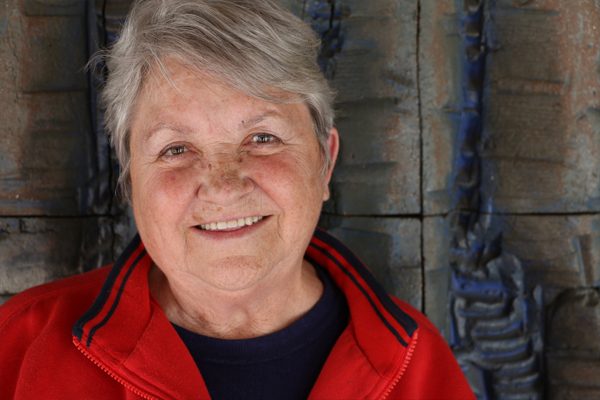
March 14, 2016








